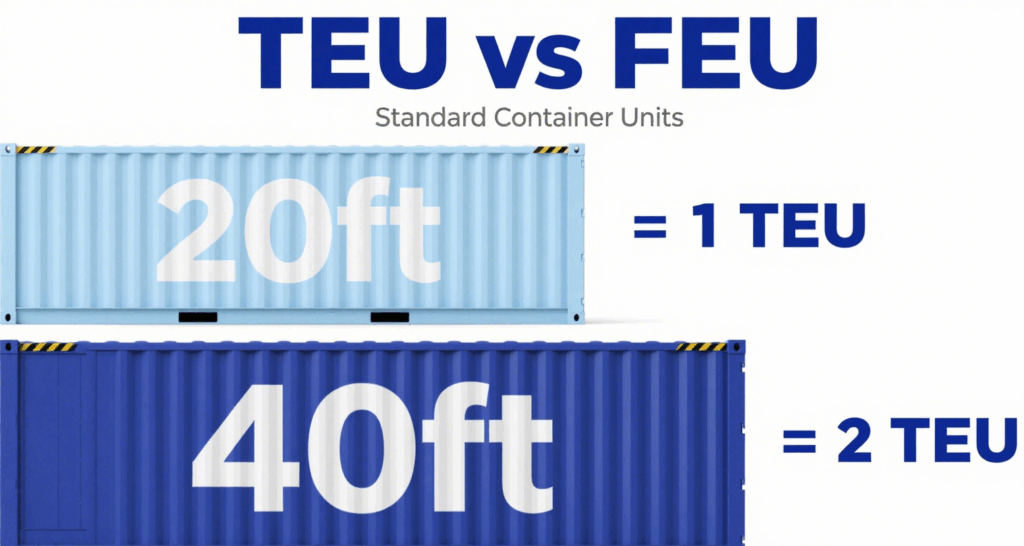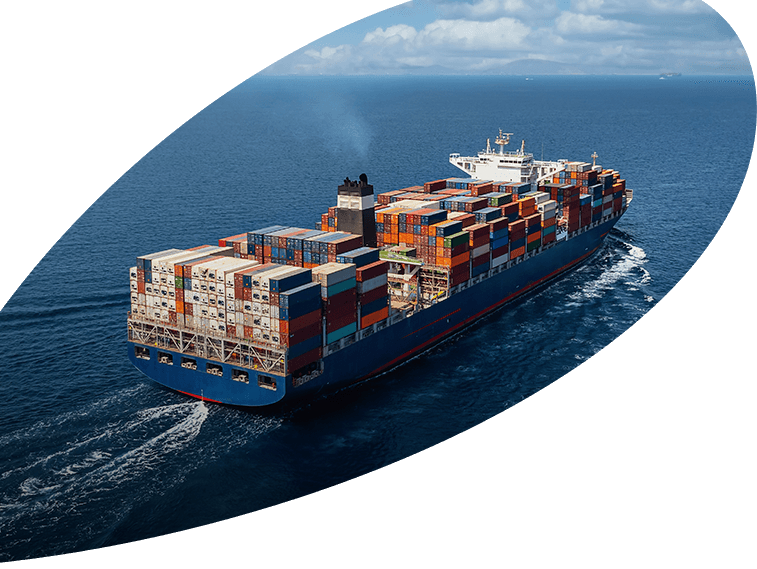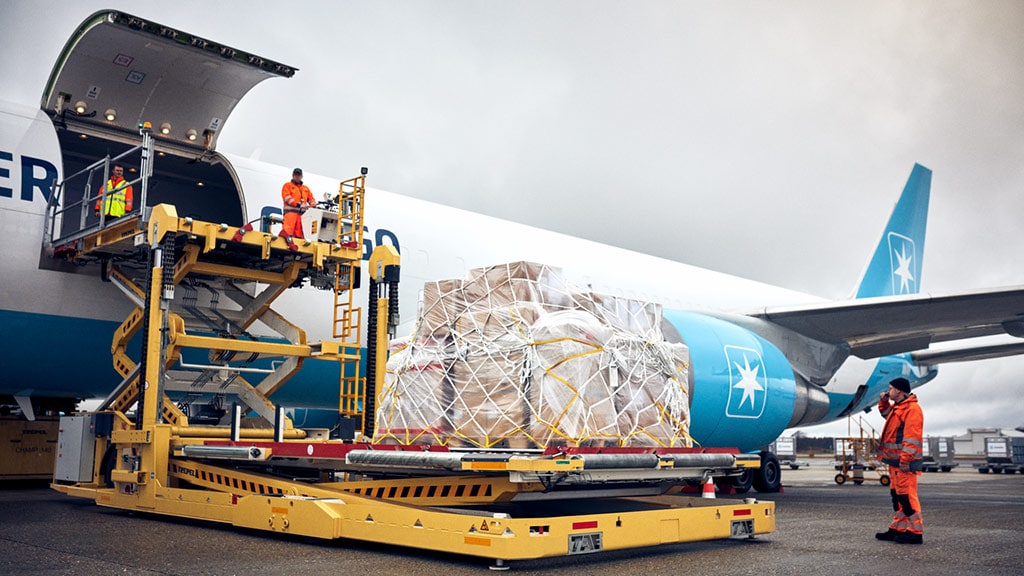- By Della tj
- October 16, 2025
- Sea Freight, Shipping
Businesses seeking the best sea freight from China to Spain know that efficient logistics can make or break their supply chain. With global trade expanding, finding dependable ocean freight services ensures goods arrive on time, within budget, and without customs complications. This article explores optimal shipping routes, costs, timelines, and professional tips to secure smooth freight from China to Spain.
What Makes Sea Freight the Best Choice for Shipping from China to Spain?
Sea freight remains the most economical option for transporting bulk goods from China to Spain. Although slower than air freight, it provides unmatched capacity and cost-efficiency. Moreover, containerized shipping ensures cargo safety and flexibility for various industries.
| Shipping Method | Transit Time | Average Cost (per CBM) | Best For |
|---|---|---|---|
| Sea Freight (LCL) | 28–35 days | $60–$90 | Small shipments |
| Sea Freight (FCL) | 25–32 days | $1500–$2500 / 20ft container | Bulk goods |
| Air Freight | 5–8 days | $6–$9/kg | Urgent cargo |
| Rail Freight | 20–25 days | $120–$200 / CBM | Medium cargo |
How Long Does Sea Freight from China to Spain Take?
Transit time varies depending on the departure port, destination, and shipping line. On average, sea freight from major Chinese ports like Shanghai, Shenzhen, or Ningbo to Spanish ports like Valencia or Barcelona takes 25–35 days.
| Route | Transit Time (Days) | Port of Loading | Port of Discharge |
|---|---|---|---|
| Shanghai → Valencia | 29–31 | Shanghai | Valencia |
| Shenzhen → Barcelona | 26–28 | Shenzhen | Barcelona |
| Ningbo → Bilbao | 30–32 | Ningbo | Bilbao |
Additionally, shipping schedules may be influenced by weather, customs inspections, or port congestion. However, professional freight forwarders often consolidate containers to ensure timely departures.
What Are the Average Sea Freight Costs from China to Spain?
Costs for the best sea freight from China to Spain depend on shipment size, cargo type, and container volume. Below is an estimated breakdown:
| Container Type | Average Cost (USD) | Cargo Type | Weight Limit |
|---|---|---|---|
| 20ft Standard | $1500–$2000 | General Goods | 28 tons |
| 40ft Standard | $2500–$3200 | Industrial Goods | 28 tons |
| 40ft High Cube | $2600–$3500 | Oversized Items | 28 tons |
Example:
A 40ft container from Shenzhen to Valencia carrying 25 tons of furniture costs around $2,850 and arrives within 28 days.

What Documents Are Required for Sea Freight Between China and Spain?
Proper documentation ensures seamless customs clearance. Without a doubt, missing or inaccurate paperwork may delay shipments or incur penalties.
| Required Document | Purpose |
|---|---|
| Bill of Lading | Proof of cargo ownership |
| Commercial Invoice | Declares value for customs |
| Packing List | Describes contents per package |
| Certificate of Origin | Identifies country of manufacture |
| Import License (if needed) | Legal import authorization |
Moreover, Spanish customs authorities often request EORI numbers for importers. To illustrate, registering in advance simplifies clearance and avoids demurrage charges.

Real Case Studies: Sea Freight from China to Spain
Case 1 – Electronics from Shenzhen to Barcelona
Cargo Type: Consumer electronics
Volume: 18 CBM (LCL)
Shipping Mode: Consolidated sea freight
Cost: $1,200
Transit Time: 28 days
Result: Timely delivery through efficient customs handling, saving 30% compared to air freight.
Case 2 – Furniture from Ningbo to Valencia
Cargo Type: Home furniture
Volume: 1 x 40ft HQ container
Cost: $2,950
Transit Time: 30 days
Result: Bulk shipment under CIF terms, smooth coordination with local warehouse distribution.
How Does Sea Freight Compare to Air or Rail Shipping from China to Spain?
Each mode of transport serves different business needs. Below is a comparative summary:
| Aspect | Sea Freight | Air Freight | Rail Freight |
|---|---|---|---|
| Transit Time | 25–35 days | 5–8 days | 20–25 days |
| Cost | Low | High | Medium |
| Capacity | Very high | Limited | Moderate |
| Best For | Large or heavy cargo | Urgent goods | Medium shipments |
| Eco-Friendliness | High | Low | Moderate |
Although air freight is faster, sea transport remains ideal for cost-sensitive bulk cargo. Additionally, container shipping allows flexible delivery schedules and minimized carbon emissions.
How to Choose the Best Sea Freight Forwarder from China to Spain?
Selecting a trusted logistics partner ensures smooth operations and transparency. Therefore, importers should assess service quality, pricing, and customs expertise.
Checklist to Select a Reliable Forwarder:
- Licensed and experienced in China–Spain trade routes
- Offers door-to-door and customs brokerage services
- Provides real-time shipment tracking
- Transparent quotation and no hidden fees
- Partnerships with major carriers (MSC, Maersk, COSCO, etc.)
What Are the Latest Logistics Trends in China–Spain Sea Freight?
Global shipping trends indicate faster and greener logistics between China and Spain. Digitalization and sustainability are transforming the shipping industry.
Key Trends:
- Eco-friendly vessels: LNG-powered ships reduce emissions.
- Smart logistics: Real-time tracking and AI route optimization.
- Improved port efficiency: Automation at Valencia and Barcelona.
- Flexible contracts: Short-term freight rates for seasonal goods.
As a result, these innovations ensure lower shipping costs and better delivery predictability. Furthermore, digital documentation reduces delays and supports compliance.
Conclusion
Ultimately, the best sea freight from China to Spain delivers the perfect balance between cost, capacity, and reliability. With the right logistics partner, importers benefit from predictable transit times, simplified customs clearance, and enhanced supply chain efficiency. In addition, leveraging modern tracking tools and optimized shipping routes ensures smooth cargo movement every time.
To summarize, choosing professional freight services allows your business to grow with confidence — ensuring that every shipment from China to Spain arrives safely, affordably, and on schedule.
- Consult TJ China Freight Forwarding for the lowest quote. They will provide you with reliable, cost-effective service.
FAQs
Q1.How much does sea freight from China to Spain cost per container?
The average 20ft container costs around $1,500–$2,000, while a 40ft container ranges between $2,500–$3,200 depending on route.
Q2.Can I ship personal items via sea freight from China to Spain?
Yes, LCL shipping allows small personal or household items to be consolidated with other cargo for reduced costs.
Q3.Are customs clearance services included in sea freight quotes?
Usually not. Importers can request customs brokerage or documentation support as part of a complete logistics package.
Q4.What is the fastest sea route between China and Spain?
The Shenzhen–Barcelona route averages 26–28 days, making it the fastest regular sea freight option.
Q5.Can I track my container during sea freight transit?
Yes, most carriers provide online tracking systems with real-time updates from departure to final delivery.




